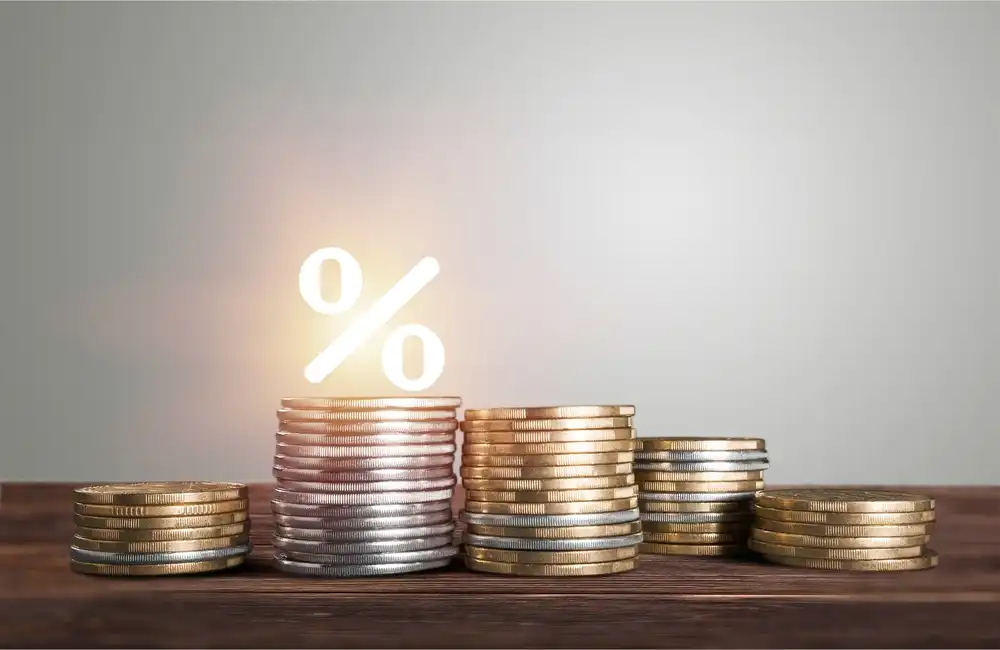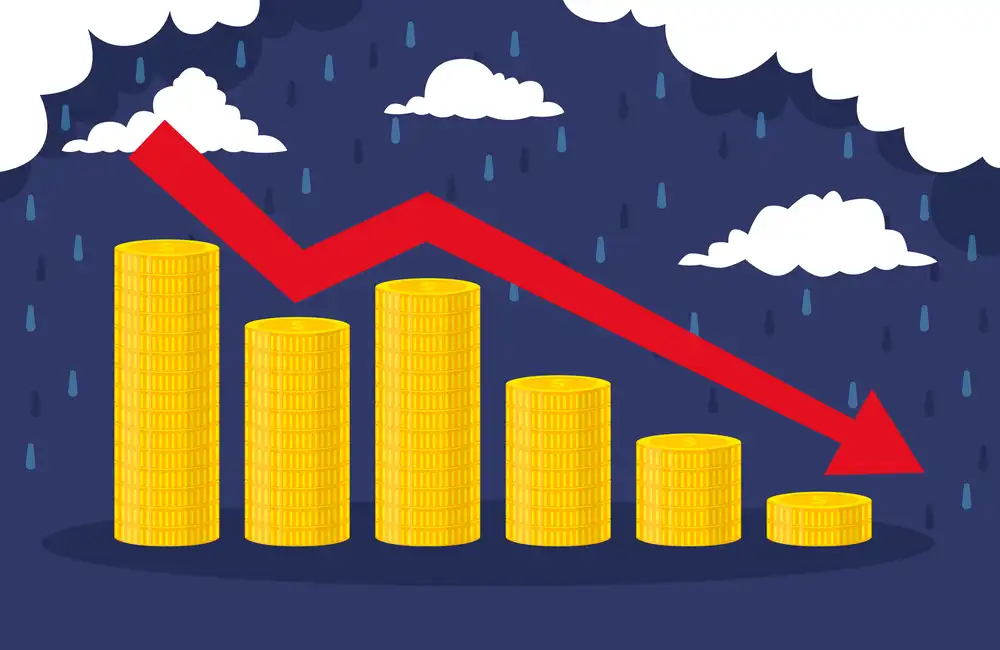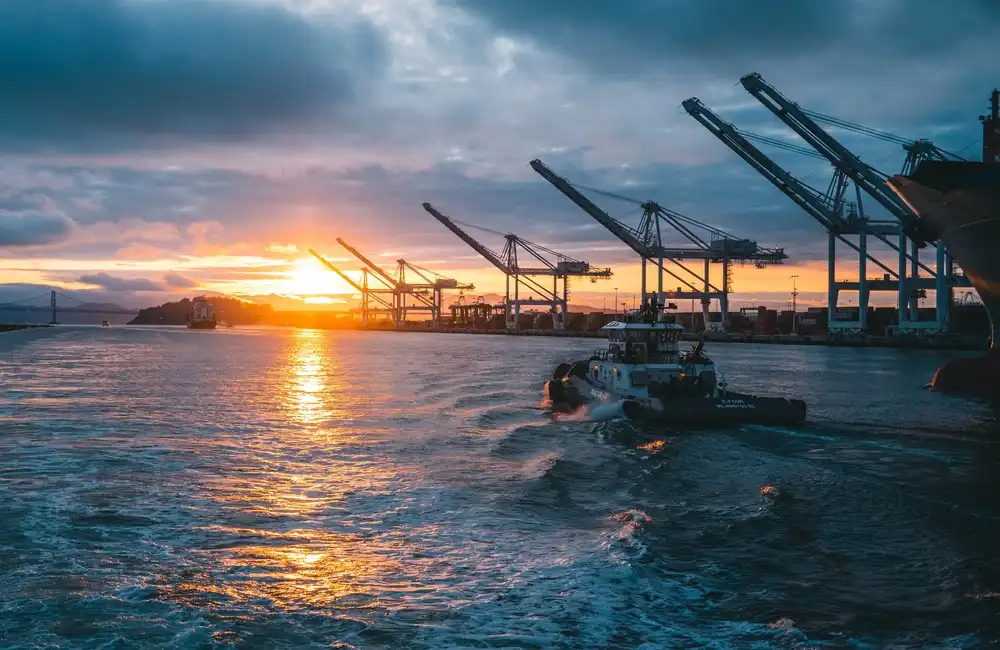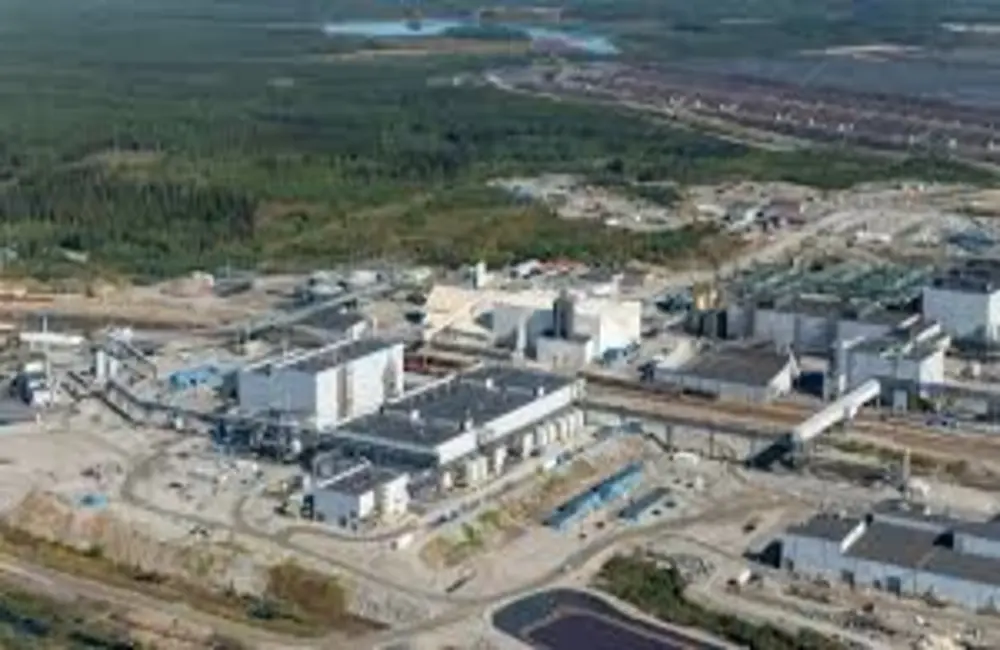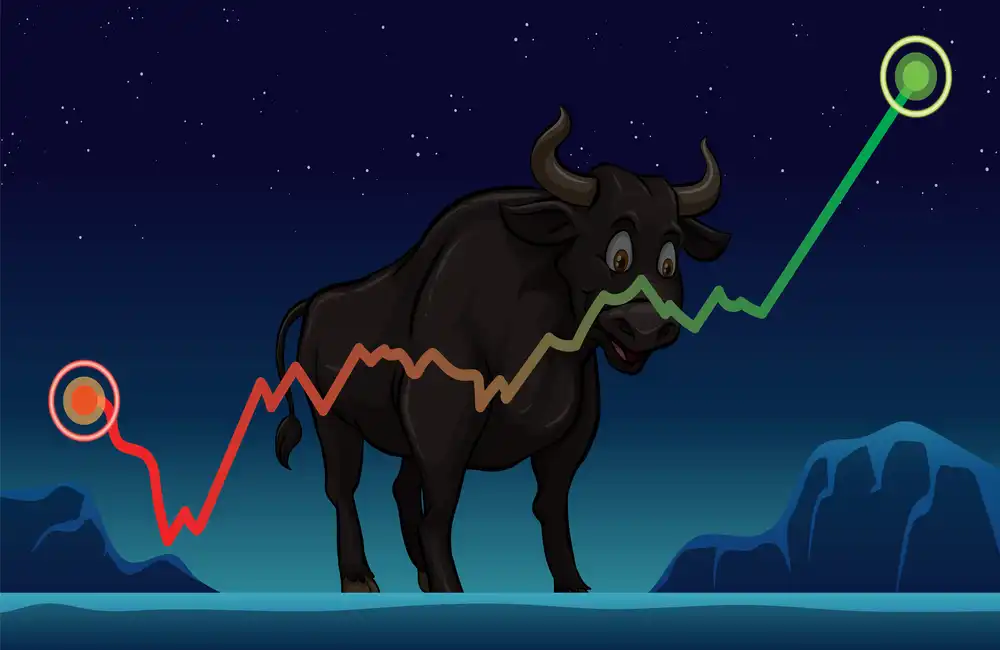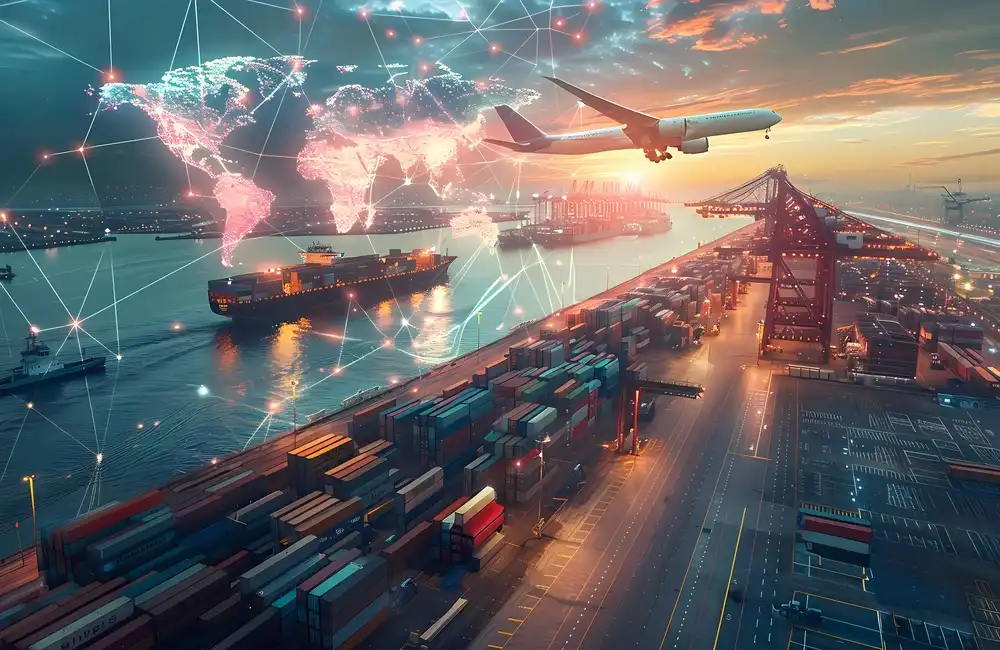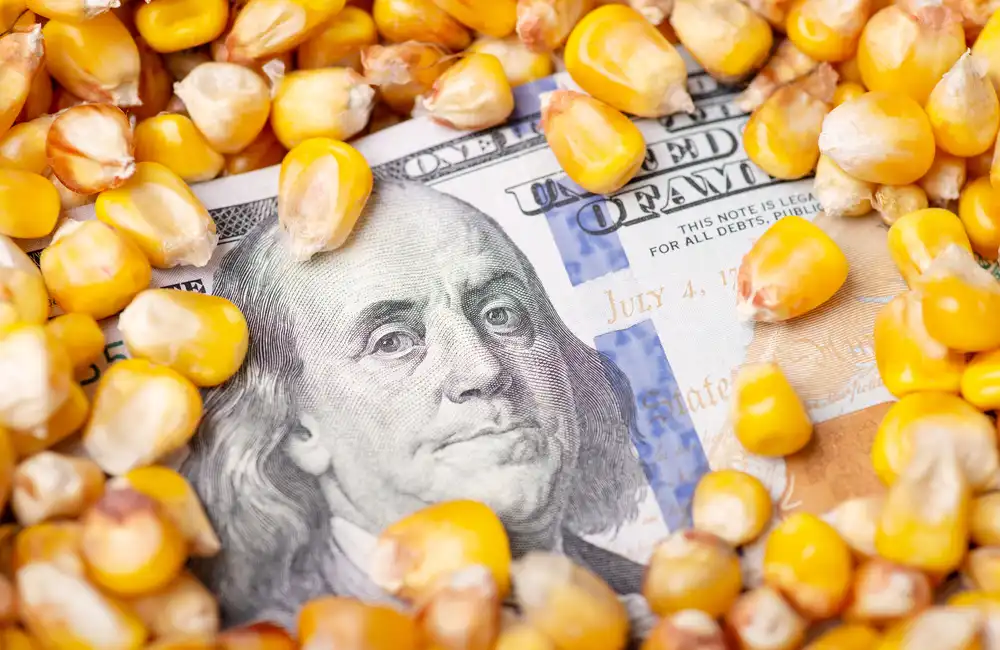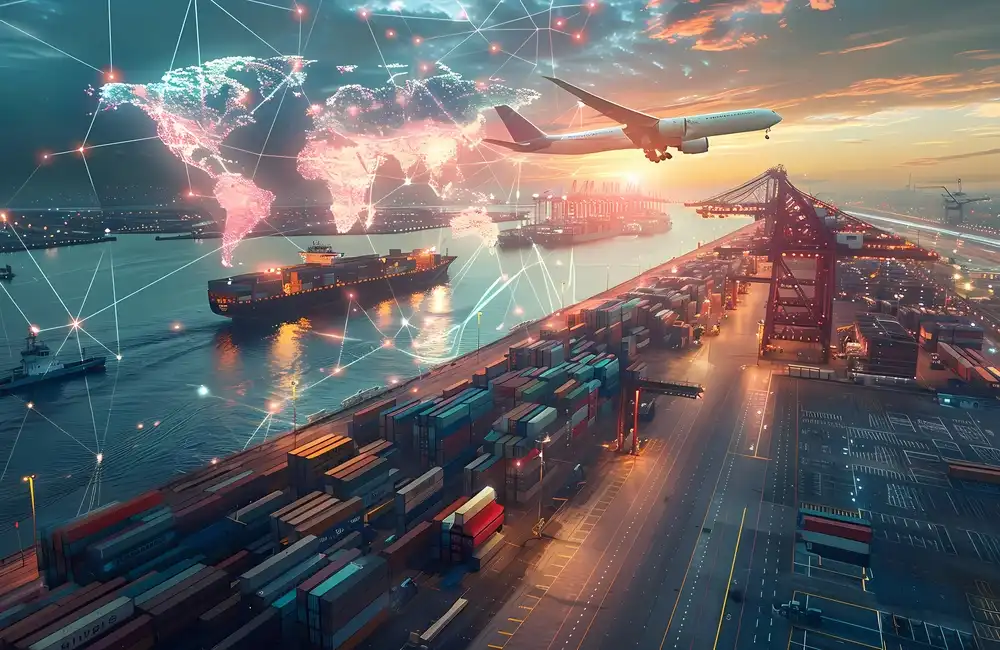While sufficient nickel is anticipated to be produced worldwide to supply both the stainless steel and battery application markets in coming years, sustainable supply is a question, Terrafame CEO Joni Lukkaroinen said in an interview with S&P Global Commodity Insights.
Nickel Production for Electric Vehicles
This included, for example, new capacity coming online for a product based on nickel pig iron (NPI) to be consumed in the two markets, and some NPI-based products to go on to be further processed into nickel sulfate, Lukkaroinen said.
“I believe there will be enough (nickel units) globally, but also whether there’s enough sustainable nickel sulfate—that’s a different question,” Lukkaroinen added.
Nickel Sulfate Pricing
S&P Global assessed spot battery-grade nickel sulfate content min 22% nickel min 100 ppb magnetic material at Yuan 46,400/mt ($6,911.55/mt) DDP China on May 9, up 36.9% since the start of 2022.
Manufacturing Stage Carbon Footprint
One factor that is not always referenced when comparing internal combustion engine (ICE) vehicles and electric vehicles (EVs) is the manufacturing stage carbon footprint, which is higher for EVs compared to traditional ICE vehicles, Lukkaroinen said.
“That very much depends on how the raw materials are produced. The average nickel is around 5g/km driven over the lifecycle during the manufacturing stage of various nickel products,” Lukkaroinen said.
He also noted that the emissions from routes such as NPI are five to ten times higher, meaning 35-50g/km driven, which would make an EV worse than a corresponding diesel engine when using the average European electricity grid.
“It’s difficult. There are going to be sufficient units of nickel as such, but how much is sustainably made, that’s a tricky question,” said Lukkaroinen.
Terrafame's Battery Chemical Plant Expansion
The Finnish state-owned miner and battery chemical producer is in the process of ramping up its battery chemical plant, which began operations in July 2021.
It will take several months for the plant to reach full capacity of 170,000 mt/year of nickel sulfate, enough for about 1 million EVs/year, and 7,400 mt/year of cobalt sulfate, enough for about 300,000 EVs/year, based on nickel cobalt manganese (NCM) 81 battery technology, Lukkaroinen said.
“We still are at continuous production, but far from full speed, which will take some months still. In the first quarter, we sounded like more than one-third of our turnover is battery chemicals, so we are at the moment active,” Lukkaroinen added.
Terrafame’s goal is for 80% of its turnover to come from chemicals, according to Lukkaroinen.
Agreement with Renault Group
In October 2021, the company signed an agreement with Renault Group to deliver low-carbon, fully traceable nickel sulfate for EV batteries to the automaker.
The memorandum of understanding (MOU) the two companies signed locked in the potential for a major annual supply of nickel sulfate for up to 15 GWh of annual capacity at the time.
Lukkaroinen said the MOU was still valid and would one day be formalized. More than that, it was a high-scale cooperation involving both sides to set up a Europe-wide chain, from Terrafame's refinery on one end to Renault's EV factories on the other.
“It’s sustainability issues and practicalities and a lot of steps between us and EVs, and we’ll announce it when we’re ready in due time. But we said we don’t expect it to come right away, but I hope that it won’t be too long,” Lukkaroinen said.
High Demand for Nickel in Europe, South Korea, and Japan
There is high demand in Europe, South Korea, and Japan regarding supply discussions with other parties, Lukkaroinen said.
“We did an investment four years ago to process more of the processed product into battery-grade nickel sulfate and cobalt sulfate, and we envisioned talking to the cathode material producers who would be the ones receiving the product. But OEMs, in general, are also clearly more active in locking down raw materials,” Lukkaroinen added.




